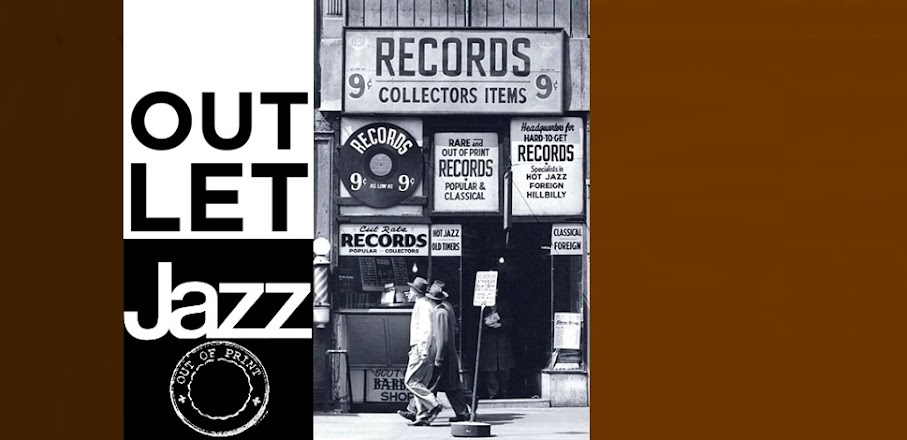John Coltrane
Soultrane
When reading The New Yorker, usually, I am most amused by an S. J. Perelman gem, the cartoons of something in "The Talk Of The Town". In the May 17, 1958 issue, however, it was the jazz department that gave me my biggest guffaw when Whitney Balliett, in the course of reviewing a Miles Davis album, wrote, "Coltrane, a student of Sonny Rollins…" Of course, we know he didn't mean that Trane was going to Sonny's house, armed with a Klose book, for weekly lessons but the implication was clear, in this perfunctory dismissal, that Coltrane was indebted to Rollins for his style.
It is true that when Coltrane joined Miles Davis's quintet in late 1955, Sonny (the Rollins of that time and slightly before) was exerting a peripheral influence over him. Even this proved to be transient. The influences of Dexter Gordon (vintage 1946), Sonny Stitt, Stan Getz (certain facets of sound) and a general essence of Charlie Parker were more evident, even then. Since that time, Trane has developed along personal lines to become quite an influence himself. He and Sonny are parallel figures now, each contributing new ideas to jazz in his own way.
"Soultrane" is a ballad, written by Tadd Dameron, which appears on Mating Call (Prestige 7070 — an album which features Coltrane and Dameron). This album, called Soultrane, does not include that tune but Prestige thought the name an apt one for an entire collection of Coltrane because it plays on his name in a truly descriptive way.
Trane is very serious about his playing; playing jazz is what he is most concerned with. There is a constant effort, on his part, to keep improving. He is self-critical and helpfully, because of clear insight, self-analytical. Practice is not foreign to him.
As in his last album (7123), Trane has the support of Red Garland, Paul Chambers and Arthur Taylor. These four have done much playing together. In this case, familiarity breeds rapport.
Another admirable facet is duplicated from the last album. That is the playing of seldom-done tunes. 7123 had "Soft Lights And Sweet Music", "You Leave Me Breathless" and Alonzo Levister's "Slow Dance". In Soultrane, none of the selections have been overdone and three are entirely new to jazz interpretation. *Ira Gitler (from the liner notes)*
In this very, very good LP, John Coltrane gives a picture of himself which is true in several dimensions. The set, first of all, is one I consider representative of what Coltrane is doing today with the Miles Davis group. That I consider him one of the few most exciting tenor-playing individuals in jazz today has no bearing on the rating, but I do use the "individuals" in its fullest connotation.
Coltrane has been, and is here, playing in a highly personal manner. What he is doing has been described variously as sheets of sound or ribbons of sound or, by some less interested ears, as a haphazard running of as many notes as possible. I find a logic in his playing. And although he does sometimes fail to get his flow underway, the times that it does happen are among the most tingling in modern jazz. What I do admire in him is that he is always going for something beyond him, and that he never falls back on an easy or accepted way of doing what he wants to do.
On this set, Coltrane also has some passages of extremely lyrical playing, particularly on the ballads Talk and Care. He blows straight-forward and with warmth.
Backing is first-rate, and Garland's solo spots are fine. By all means hear this one.
*Dom Cerulli (Down Beat, December 11, 1958 [5 stars])*
1 - Good Bait
(Dameron, Basie)
2 - I Want To Talk About You
(Billy Eckstine)
3 - You Say You Care
(Styne, Robin)
4 - Theme For Ernie
(Fred Lacey)
5 - Russian Lullaby
(Irving Berlin)
John Coltrane (tenor sax), Red Garland (piano), Paul Chambers (bass), Art Taylor (drums).
Recorded at Van Gelder Studio, Hackensack, New Jersey, February 7, 1958


https://1fichier.com/?7s5dkwvurwdrefod1k1x
ReplyDeleteThank you, blbs!
ReplyDeleteMe encanta. Muchas gracias.
ReplyDelete